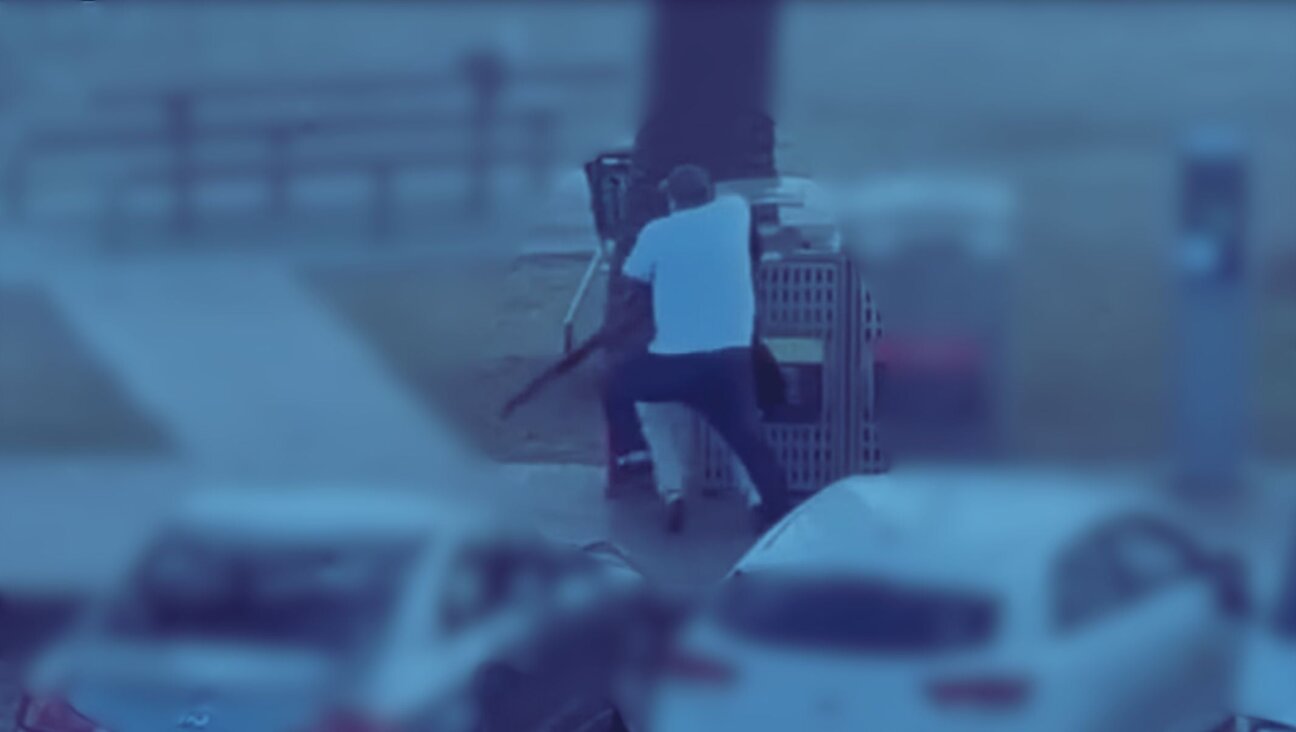A Wall for Us All
The worn, mammoth stones tell a powerful story of Jewish spirituality, resistance, and allegiance. But today, the Kotel is speaking a language that most Jewish women and men cannot accept.
An Israeli woman was arrested by the holy wall on November 18 for the alleged crime of wearing a prayer shawl, an act of devotion common in many American synagogues. The self-named rabbinic authorities deride such behavior, claiming it is offensive to their ever-rigid standards of what they believe is true Judaism.
But for many women, the act of prayer is incomplete without a tallit, much as one would not approach the ancient stones stark naked. With this arrest, the first in memory, the authorities guarding Jerusalem’s holiest site have taken their intolerance and arrogance to a new and dangerous level. In another land, in another culture, this would be held up as the antediluvian act of the modesty police. Somehow in modern-day Israel, it is accepted.
There are ways to make the Kotel welcoming to Jews of differing practices. Writing in our Sisterhood blog, contributing editor Debra Nussbaum Cohen suggested that a third section, for egalitarian worship, be created alongside the ones for men and women. No doubt there are other creative ideas for sharing this sacred space.
Unless it is truly shared, those Jews who do not follow ultra-Orthodoxy — that is, most Jews — will feel increasingly unwelcome in what is supposed to be the touchstone of their homeland. That is something an embattled Israel can neither desire nor afford.
















